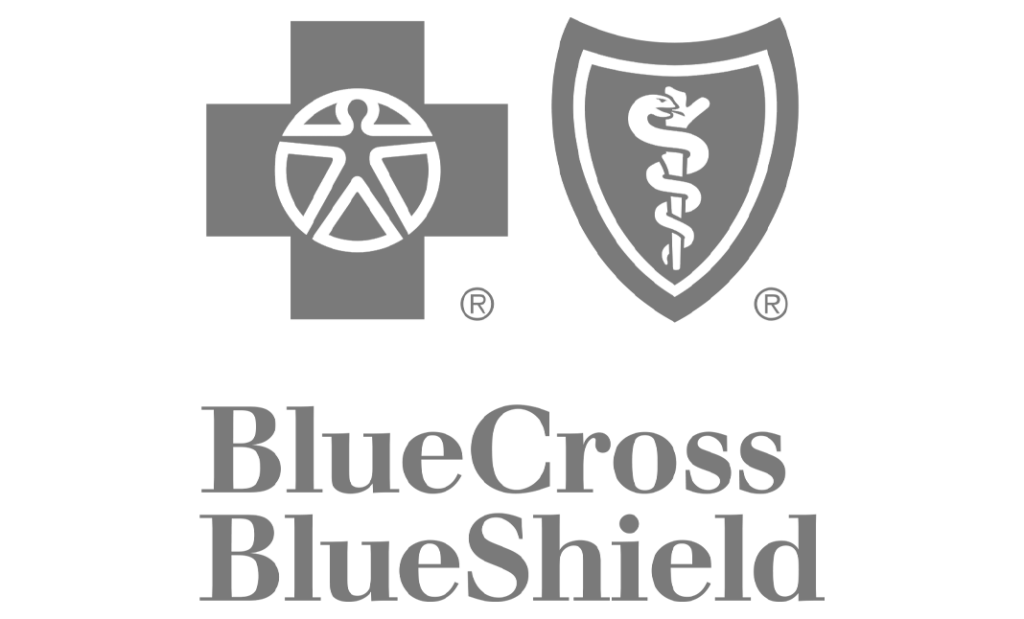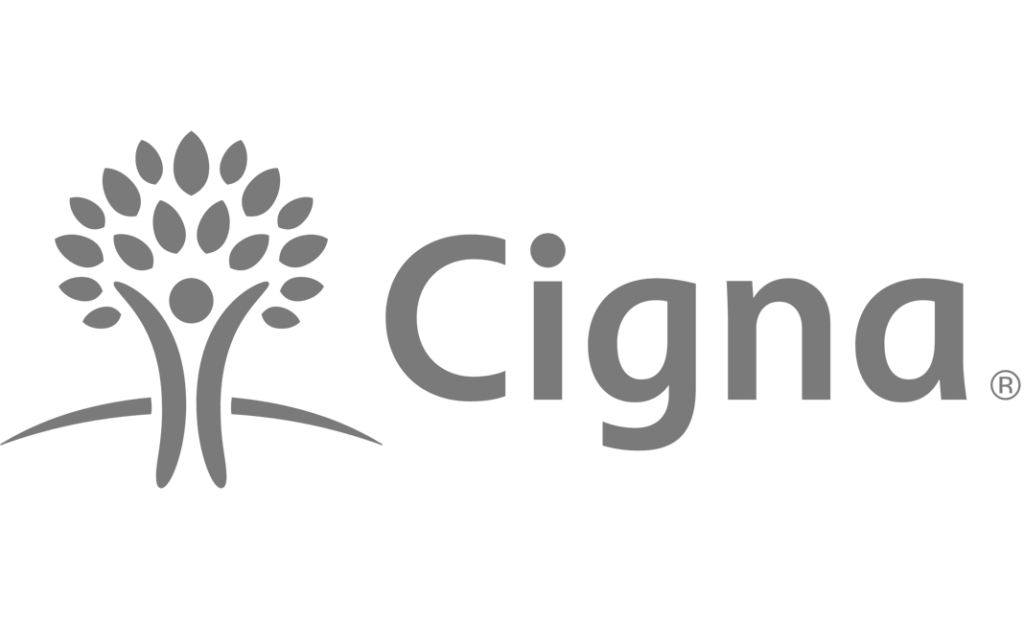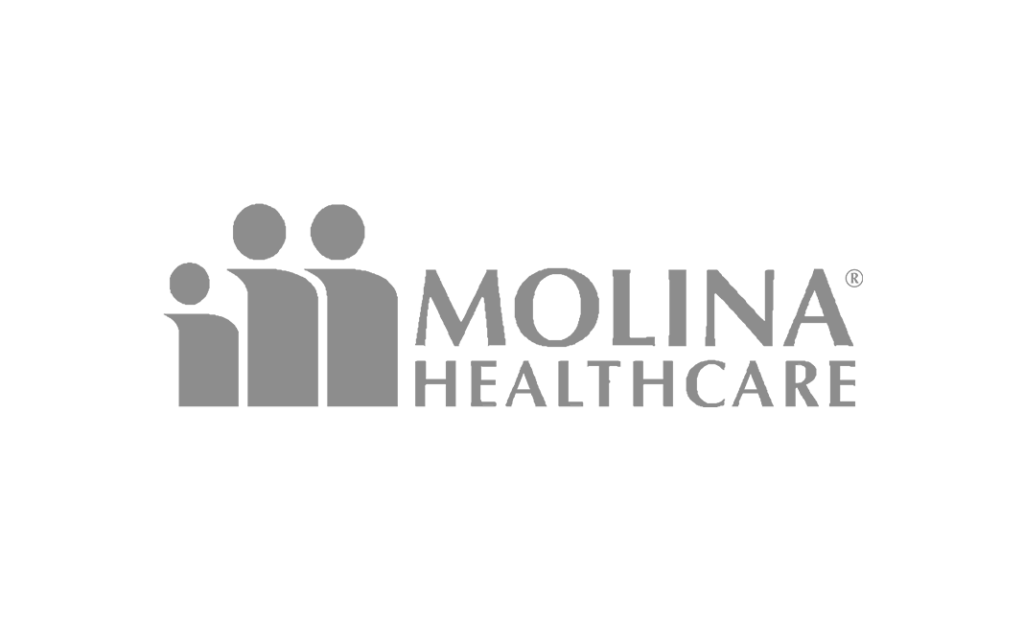It is well known that drinking alcohol while pregnant can have dangerous and damaging effects on the unborn baby. While it is widely accepted that pregnant women should avoid alcohol altogether, many women still choose to drink during their pregnancies.
Unfortunately, there is no safe amount of alcohol that a pregnant woman can consume. Any alcohol can cause congenital disabilities, physical and mental disabilities, and other lifelong issues. In this blog post, we will discuss the dangers of using alcohol when pregnant so that all expecting mothers can make informed decisions about their health and the health of their unborn babies.
Short-term Effects of Alcohol Use During Pregnancy
The use of alcohol during pregnancy can have serious short-term effects on the health of the developing fetus. Heavy drinking can lead to various physical and mental impairments, including fetal growth retardation, learning disabilities, and behavioral problems. Even moderate drinking (up to one drink per day) has been associated with an increased risk of miscarriage and stillbirth.
Studies suggest that the amount of alcohol consumed during pregnancy is directly related to the severity of the baby’s health issues. Drinking large amounts of alcohol in the first trimester is associated with an increased risk of neural tube defects, which can cause physical and developmental impairments. Drinking in the second or third trimester may be associated with physical growth delays and behavioral problems.
Other short-term effects of alcohol use during pregnancy include premature delivery, low birth weight, facial and skeletal abnormalities, and hearing and vision impairments. Additionally, a mother’s alcohol use during pregnancy can increase the risk of her baby being born with an alcohol-related disorder. These disorders range from mild impairments to severe physical, cognitive, and behavioral problems requiring lifelong medical care and support.
Fetal Alcohol Spectrum Disorders
The most severe form of FASD is Fetal Alcohol Syndrome (FAS). Distinct physical abnormalities, including facial deformities such as small eye openings and a thin upper lip and growth problems such as low birth weight and slow weight gain, characterize this. Cognitive and behavioral impairments associated with FAS include intellectual disabilities, poor memory, language and communication difficulties, difficulties learning new concepts, poor social skills, and impulsiveness.
It is important to note that FASD is a lifelong disorder with no cure. While some interventions and therapies can help children and adults manage the symptoms associated with FASD, there is no known way to reverse the damage caused by alcohol use during pregnancy. It is also important to remember that even moderate amounts of alcohol during pregnancy can increase the risk of developing FASD.
Miscarriage and Stillbirth
The risks of miscarriage and stillbirth from consuming alcohol during pregnancy are significant. Even moderate amounts of alcohol have been linked to an increased risk for both conditions. A miscarriage is the loss of a pregnancy before the 20th week of gestation, and stillbirth is the loss after 20 weeks.
Studies have shown that women who consume alcohol during pregnancy have a greater chance of having a miscarriage or stillbirth. One study in Denmark reported that women who consumed 1-2 alcoholic drinks per week had a 25% higher risk of a miscarriage than women who abstained from alcohol entirely. Another study in the United Kingdom found that women who drank more than four units of alcohol per week had twice the risk of having a stillbirth compared to women who abstained from alcohol.
It is important to note that even though the link between alcohol consumption and miscarriage and stillbirth has been established, it is not yet clear if it is a causal relationship. More research must be done to understand this link and its implications further. However, alcohol can have serious effects on the health and development of a baby, so it is best to avoid any use of alcohol during pregnancy.
Neonatal Abstinence Syndrome
The signs and symptoms of NAS vary depending on how much alcohol the mother consumes during pregnancy and the fetus’s development stage when the alcohol was consumed. Symptoms may include tremors, irritability, poor feeding, diarrhea, sweating, and sleep disturbances. These symptoms may last up to several weeks after birth, ranging in severity from mild to life-threatening.
NAS can also have long-term effects. Babies born with NAS are at an increased risk of cognitive delays, behavioral problems, speech and language delays, and learning disabilities. In addition, some studies have linked NAS with an increased risk of asthma and diabetes later in life.
There is no cure for NAS; treatment generally focuses on managing the symptoms. Babies affected by NAS may require longer stays in the hospital and close monitoring by medical professionals to ensure that they remain healthy and comfortable. Proper follow-up care is important for babies with NAS to ensure that any long-term effects are addressed.
The best way to prevent NAS is to avoid drinking alcohol during pregnancy. If you are pregnant or trying to become pregnant, talk to your healthcare provider about your drinking habits and any potential risks associated with using alcohol.
Sudden Infant Death Syndrome
Research indicates that women who consume alcohol while pregnant increase their chances of having a baby at risk for SIDS. Studies have found that even occasional use of alcohol can increase the chances of SIDS up to five times compared to non-drinking mothers. In addition, the more alcohol a mother consumes, the higher the risk for SIDS.
It is not yet known exactly why alcohol use increases the risk of SIDS. Still, it may be due to an increased vulnerability in the fetus’ developing brain or a disruption in the brainstem’s ability to regulate vital functions such as heart rate and breathing.
Pregnant women must avoid drinking alcohol altogether as it can have serious, long-term consequences for their babies. If you are pregnant or planning to become pregnant, it is best to abstain completely from drinking alcohol. Additionally, it is recommended that those who care for babies should not drink either, as this could also potentially increase the risk of SIDS.
Treatment for Alcohol Abuse During Pregnancy
At Defining Wellness Centres, we offer a variety of treatments for pregnant women struggling with alcohol abuse. Our specialized counselors provide support and guidance through individual and group counseling. We also offer medically supervised detox programs to ensure the mother is safe during withdrawal.
Our treatment plans also include medication-assisted therapy (MAT), which involves using FDA-approved medications like buprenorphine to help pregnant mothers reduce their cravings for alcohol and cope with withdrawal symptoms. We understand that the recovery process can be difficult and daunting, so we provide compassionate and empathetic support.
We also offer prenatal care services and resources such as nutrition and lifestyle counseling to ensure that the mother and her baby are healthy throughout the pregnancy. Our holistic approach provides mothers with all the tools and support they need to have a safe and healthy pregnancy.





















